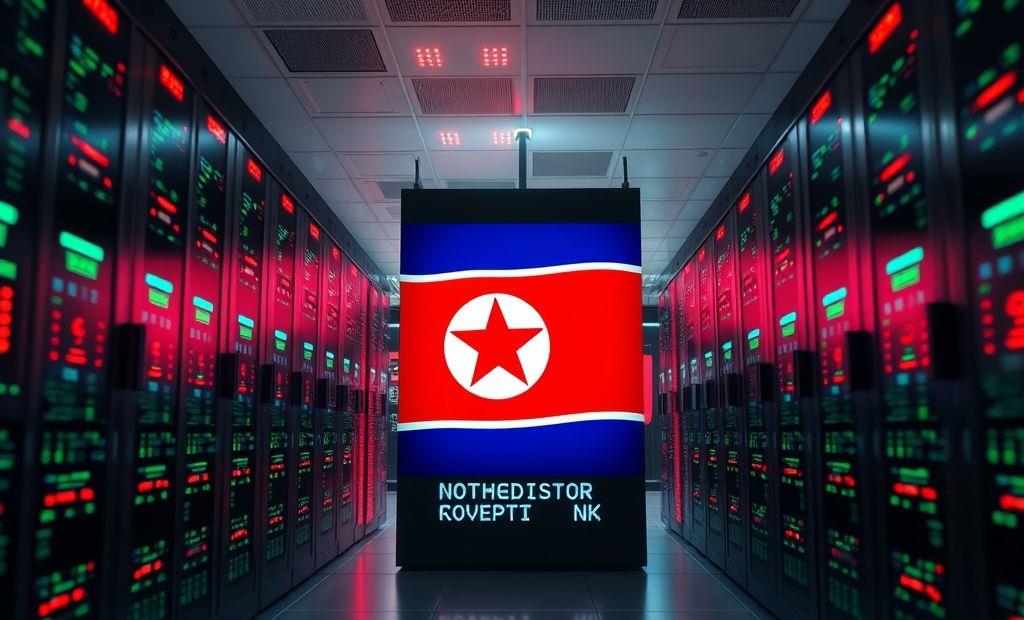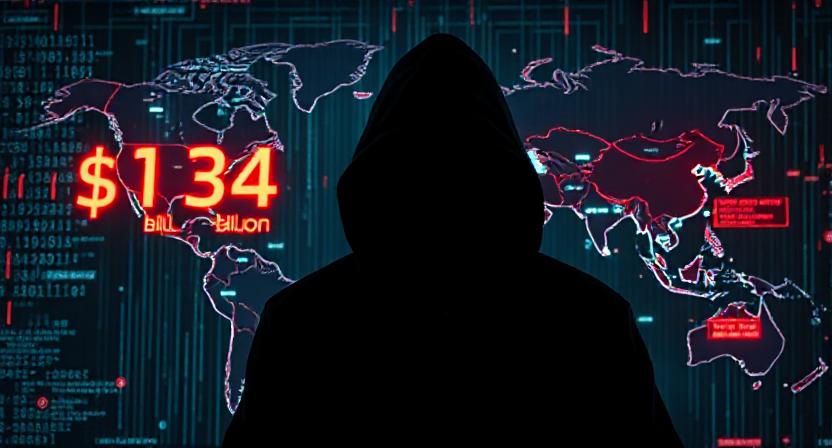North Korea’s Exposed by Hacker Compromise

Major North Korean Spying Operation Exposed in Hack A major North Korean spying operation suffered a significant blow after hackers breached their systems and exposed...
⏱️ Estimated reading time: 3 min
Latest News
Major North Korean Spying Operation Exposed in Hack
A major North Korean spying operation suffered a significant blow after hackers breached their systems and exposed sensitive information. As a result the incident reveals the extent and nature of North Korea’s cyber espionage activities raising concerns within the cybersecurity community.
Details of the Breach
The hackers successfully infiltrated the network used by North Korean spies gaining access to a trove of data. Specifically this included operational plans communication logs and lists of individuals targeted by the espionage efforts. Consequently the exposed data provides unprecedented insight into North Korea’s intelligence-gathering methods. Currently several cybersecurity experts are analyzing the breached data to understand the full impact.
Impact of the Exposure
The exposure has significant implications for international security. Specifically it compromises ongoing espionage operations and makes it more difficult for North Korea to conduct future activities. Moreover the revealed information could help identify and neutralize North Korean agents operating abroad. Consequently governments and organizations are using this data to enhance their defensive measures. Ultimately this enhancement can block future potential cyber attacks.
Silence or Denial
- Historically, North Korea has often denied involvement in cyber incidents or offered minimal acknowledgement. For instance after the Sony hack North Korea dismissed allegations as wild rumours and demanded a joint investigation even while mocking U.S. agencies behind the scenes.
- In this case similar official silence or deflection is likely expected from the regime.
Covert Retaliation or Operational Shifts
North Korea maintains elite cyber units like Kimsuky APT43 Lazarus Group and others under the Reconnaissance General Bureau and Bureau 121. Breaches targeting these units often trigger Immediate tightening of internal security protocols Rapid deployment of alternate cyber networks or infrastructure Acceleration of offensive missions especially espionage or cryptocurrency theft to compensate and maintain operational momentum

Escalated Cyber Operations
North Korea consistently engages in high-value cybercrime and espionage. In 2024 alone they stole an estimated $1.34 billion via crypto hacks an unprecedented record.Analysts warn such breaches may provoke retaliatory operations potentially targeting foreign infrastructure or cryptocurrency platforms to regain revenue and prestige.
Enhanced Recruitment & AI Integration
- The regime has scaled up its cyber workforce now estimated at over 8,400 operatives involved in operations including remote IT work and cyber theft.
- Meanwhile:new units like Research Center 227 are reportedly deploying AI-assisted hacking enhancing speed and complexity.
- Post-breach:North Korea is likely to accelerate these efforts sourcing more talent refining AI tools and diversifying tactics.
Greater Operational Cover and Camouflage
Analysts from firms like Relia Quest note recurring behavioral patterns among North Korean cyber operators such as uncanny résumé quality and impersonation as tech contractors that defenses can learn to detect.SC Media In response the regime may pivot by Employing more deepfake or AI-generated personas Leveraging compromised remote services or vendor networks Masking operations using supply chain infiltration or living-off-the-land techniques
Cybersecurity Implications
This incident underscores the increasing sophistication and frequency of cyberattacks targeting government and intelligence agencies. Therefore it highlights the need for robust cybersecurity measures and international cooperation to combat cyber espionage. Consequently organizations must prioritize network security and implement proactive strategies to detect and respond to potential threats. Furthermore learning from this breach can help prevent similar incidents. For example the Cybersecurity and Infrastructure Security Agency CISA offers guidance on improving security posture.
Related Posts
Bluesky Enhances Moderation for Transparency, Better Tracking
Bluesky Updates Moderation Policies for Enhanced Transparency Bluesky, the decentralized social network aiming to compete...
December 11, 2025

Google Maps: Gemini Tips, EV Charger Predictions & More!
Google Maps Gets Smarter: Gemini Tips & EV Updates Google Maps is enhancing user experience...
December 9, 2025

US, UK, Australia Sanction Russian Web Host
Crackdown on Russian ‘Bulletproof’ Web Host The United States, United Kingdom, and Australia have jointly...
December 6, 2025











Leave a Reply